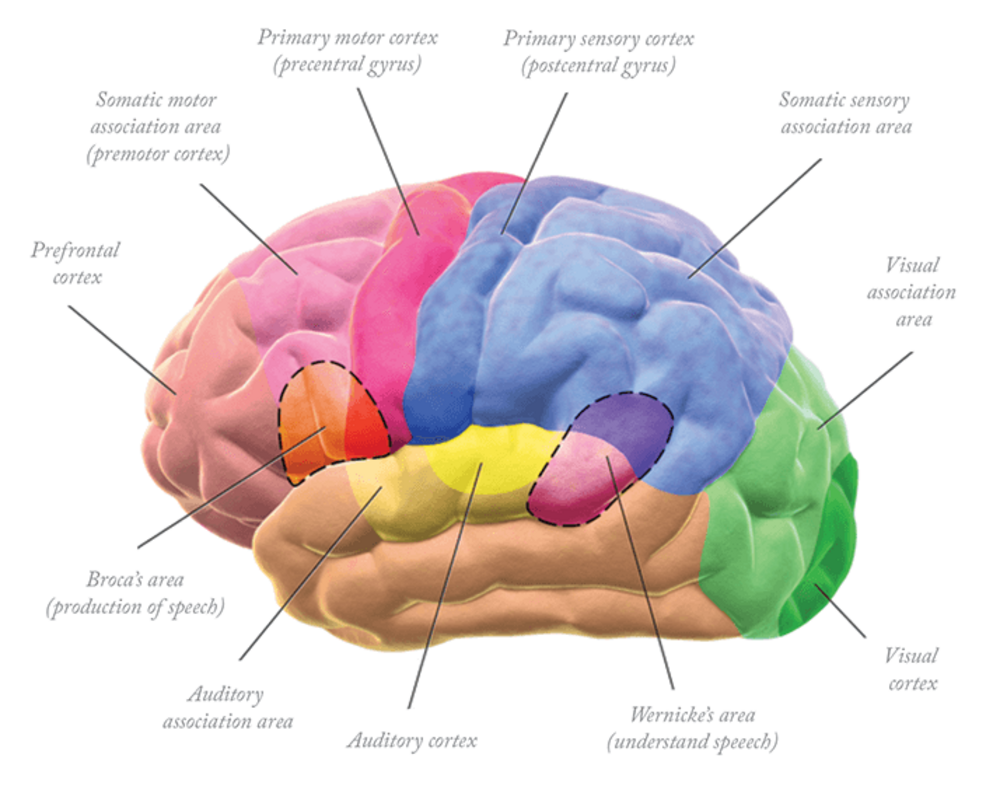Let's talk about Einfühlung
Some thoughts about empathy
Dr. Sasha Göbbels
https://shrtr.name/ltae/To all the technocrats
No one cares how much you know, until they know how much you care.
Theodore Roosevelt

Overview
- Short (!) about me
- What is empathy?
- Empathy and culture
- Can empathy be learned?
- And what about software development?
About me
|
|
What is Empathy?
Historical facts
- The term 'empathy' came into existence in the early 20th century
- Based on the German term 'Einfühlung', which was coined in the mid to late 19th century
Classification
- Cognitive empathy
- Affective/emotional empathy
- Somatic empathy
Similar concepts
- Compassion
- Sympathy
- Pity
- Emotional contagion
Cognitive empathy
Definition
The conscious or willful management of perceptions that go into your own feelings
What we need for this:
- Theory of mind
- Perspective taking
- Fantasy
- Tactical empathy
Developmental timeline
- Age 1-2: First ideas of perspective taking
- Age 4-5: Theory of mind
- Age 8: Real perspective taking
- Age 10-12: Possibility to forecast degree of empathy in grown person
- In general: genes account for 10-35% of where we land on the empathy spectrum
Differences in individuals
- Not everyone responds uniformly in the same circumstances
- Empathic Concern Scale vs. Personal Distress Scale
- Women show stronger empathy-related neural response
- Stronger link between emotional and cognitive empathy in women
Affective/emotional empathy
Definition
Ability to respond to another person's mental state with an appropriate emotion
What is it?
-
Two scales:
- Empathetic concern
- Personal distress
- Based on emotional contagion
Somatic empathy
Definition
Responding to pain and sorrow in others by physically experiencing the same pain through proximity to them
What is it?
- Physical reaction in the somatic nervous system
- Probably based on mirror neurons
- Starts before understanding other ones condition
- Can occur in less than 200 ms within the autonomic nervous system (↝ Kahneman system 1)
- Cognitive & affective empathy require 300-500 ms for the brain to process (↝ Kahneman system 2)
Mirror neurons

First found in Macaque primates in 1992
Mirror neurons
- Neurons that fire, when a subjct acts as well as when it sees someone else act
- Best investigated in a primate species, but also found in birds
- Hints to mirror neurons found in the premotor cortex human brain
A bit of neuroscience

Empathy and culture
In general
A survey of 104,365 adults across 63 countries showed countries high in empathy scored highly in:
|
|
Affective Empathy - East vs. West
- Individuals in western countries have a higher value in empathetic concern than in personal distress
- In far eastern individuals it's the other way around
- Bicultural people fall somewhere in between
Can empathy be learned?
This is a controversary discussion.- Empathy can be facilitated
- Promoting attitudes (nonjudgemental attitude, listening ...) can be learned
- Empathy is experienced, not self-caused
And what about software development?
Communication
- Software is developed in teams
- Teams can be inter-cultural
- Communication doesn't work well without empathy
Soft skills vs. hard skills
Writing good readable code is empathy with your team and your future self Coraline Ada Ehmke
|

|
Empathy is required in all phases of development
- Requirements engineering
- Development process
- Leadership
- Support
Let's get practical
- Listen a lot. I mean a hell of a lot
- Actually also talk to people
- Try to actively take the position of someone else
- Be honest about your own position
- Amplify other people's voice
Thank you!
Questions or Additions?

References
- Wikipedia, "Empathy"
- H. Riess, "The Empathy Effect"
- J. Decety (ed.), W. Ickes (ed.), "The Social Neuroscience of Empathy"
- A. Price, H. Dambha-Miller (Oxford Empathy Programme), "Empathy as a state beyond feeling: A patient and clinician perspective"
- C.M. Davis, "What Is Empathy, and Can Empathy Be Taught?", Physical Therapy, Volume 70, 1990, 707–711
- G. Hickok, "The Myth of Mirror Neurons"
- R.E. Passingham, S.P. Wise, "The Neurobiology of the Prefrontal Cortex"
- C. Keysers, "The Empathic Brain"
- T.G. Cassels, S.F. Chan, W. Chung, "The Role of Culture in Affective Empathy: Cultural and Bicultural Differences", Journal of Cognition and Culture 10(3-4), 309-326
- Podcast: Greater than Code

Dr. Sasha Göbbels
